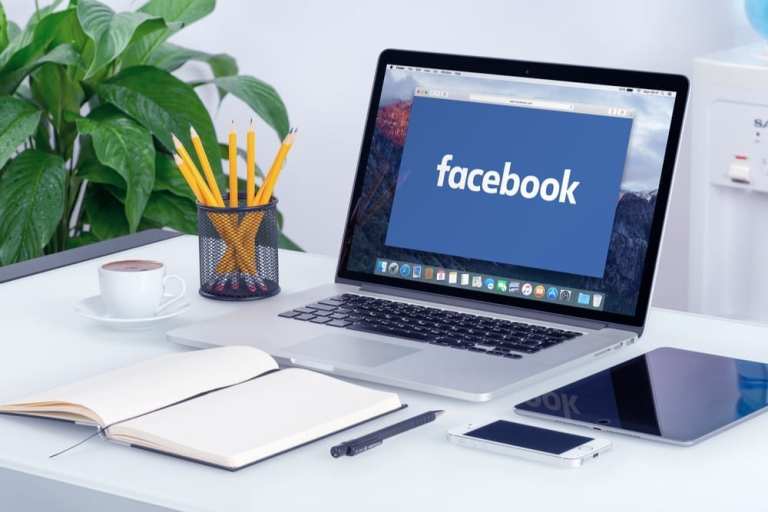Facebook Traffic Up 50 Pct, But Not Ad Revenue

The coronavirus has ended up a boon for social media giant Facebook, which saw a 50 percent spike in usage as the virus ate its way through the country’s health and economy.
The usage of the social media network’s numerous features, such as messenger and video calls, has spiked in recent weeks as millions of Americans have had to stay home to avoid the virus. This is a sharp turnaround from not so long ago when the social network seemed to be collecting dust, mostly seeing use from older people as the youth flocked to newer models of social media.
But as of late, Facebook has been seeing increases in news consumption as well, with more than half the articles consumed on the site relating to the virus pandemic. Ranjan Subramanian, a data analyst with the company, talked about the increase in a blog post, calling it “unprecedented.”
The report says the bulk of the increase — over 90 percent — can be credited to what Facebook terms “Power News Consumers” and “Power News Discussers,” who consume and talk about news more than most users of the service. The company, monitoring the activity from that spike fervently, wants to make sure all news put out about the worldwide crisis is as accurate and authoritative as possible — a kind of real-time experiment in how to handle news on social media.
Subramanian said it was fortunate that the bulk of users seemed to be clicking on links that Facebook would consider reputable. That wasn’t always a sure thing, as an infestation of less-than-trustworthy news sources posted on the site resulted in the company having to implement stricter measures against false or misleading news.
Ad revenue for some websites with lower “scores” of reputability suffered, though. The U.K.’s tabloid Daily Mirror saw its traffic fall 28 percent this month, and conservative publication Daily Wire fell 20 percent despite high showings earlier this year. Outlets not talking about the virus also saw declines in traffic.
The social media company’s shift back to a dominant power in news consumption comes after years of a move toward the opposite — in 2018, the site decided to focus less on news links and more on photos and content from family and friends users personally knew. That shift had an adverse effect on publishers, which relied on Facebook to boost their content.
The coronavirus pandemic’s mandate for U.S. residents and others worldwide to stay home could also boost 5G capabilities as people use the internet more and more, yearning for connectivity that once could’ve come from the physical world.